By Wayne Epps, Jr.

“Newspapers are dying” is something that one may hear and think about prominently in reference to the journalism industry today with less papers being sold, and more news moving to digital mediums. However, Brian Couturier, managing editor of The Progress-Index newspaper in Petersburg, Va., disagrees with that viewpoint. He expressed those sentiments and more in a speech to high school journalism students at Prince George High School on Thurs., May 17.
Couturier, 48, has been involved in the journalism profession for approximately 26 years. The New Hampshire native received a bachelor’s business degree from the University of New Hampshire before getting a master’s degree in journalism at American University in Washington, D.C. It was in New Hampshire where Couturier gained his first experiences in the journalism profession, covering news and politics.
Couturier has also spent time at papers including The Public Opinion in Chambersburg, Pa., The Patriot-News in Harrisburg, Pa., The Herald-Mail in Hagerstown, Md., and the Richmond Times-Dispatch in Richmond, Va., before moving on to The Progress-Index. In addition to being a journalist, Couturier has been an adjunct journalism professor for over 20 years. In his speech, he expressed several facts about journalism and the media for the group of aspiring journalists.
The journalist began his speech by talking of how the newspaper industry boomed in its beginning. This success continued through the start of the 20th Century and up until around 1950. Around this time, other forms of media like radio and TV took over. Radio was the first alternative form of media to have success, and then TV killed radio around the 1970s.
Over the past decade, the blowup of internet news has hurt the newspaper industry. With the industry already hurting from the growth of digital news, the economic punch thrown by the Great Recession of 2008 has further hurt the industry.
From 2005 to 2010 alone, 20% of jobs in the journalism industry were lost. The losses reached a point where a website began tracking the shrinking number of jobs.
“There’s a website called papercut.com that would literally tally the hundreds of thousands of jobs lost,” Couturier said.
According to Couturier, where the newspaper business was really hit was in ad revenues. Ads provide approximately two-thirds of revenue for newspapers.
However, in the words of Couturier, “it’s not all doom and gloom.” The newspaper industry brings in a substantial amount of profit compared to other businesses. Before the recession, newspaper companies made around 27% profit. Now, after the recession, companies are still making around 15% profit.
“What happened is the business model broke,” Couturier said. “That profit business model broke.”
Couturier advises journalists not to think of themselves as being in the newspaper business, but rather in the information business.
“Information is power,” he said. “And we’re in the information business.”
Couturier continued to stress the idea of the power that the media holds. He provided examples of how the media is technically the only business that was expressly mentioned and protected in the Constitution with the right of free press. In addition, he stressed how information is freedom, especially in countries subject to dictator rule, as the leaders limit the flow of news to their citizens.
“Many countries in the world, they’re not free,” Couturier said. “Well guess why? The media.”
Despite what some say, the basic foundation of journalism has not changed much, according to Couturier. He mentioned how, when he started in the profession in the 1980s, he not only carried a reporter’s notebook, but a camera as well, much like journalists of today.
“You have to get information, you have to write about it, and you have to present it,” Couturier said. “That’s not changing.”
Couturier did offer some opinions on new media, however, especially blogs. He joked that when someone says they are a blogger, he thinks of them as unemployed. He does not see blogs as containing useful news or information.
“Blogs, they’re almost like yesterday’s news,” Couturier said.
With some worried about the uncertainty of journalism as a profession, Couturier left the aspiring journalists in the crowd with hope about the years to come.
‘I’ve been hearing that the newspaper business has been dying for 26 years,” he said. “And it’s still here.”
*Congratulations to Wayne Epps, Jr. for winning the Dow Jones News Fund Scholarship with this winning article.





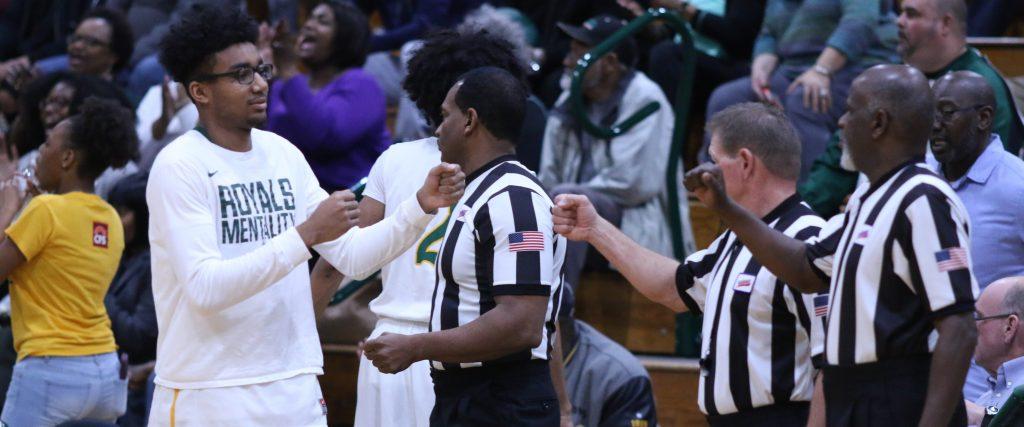







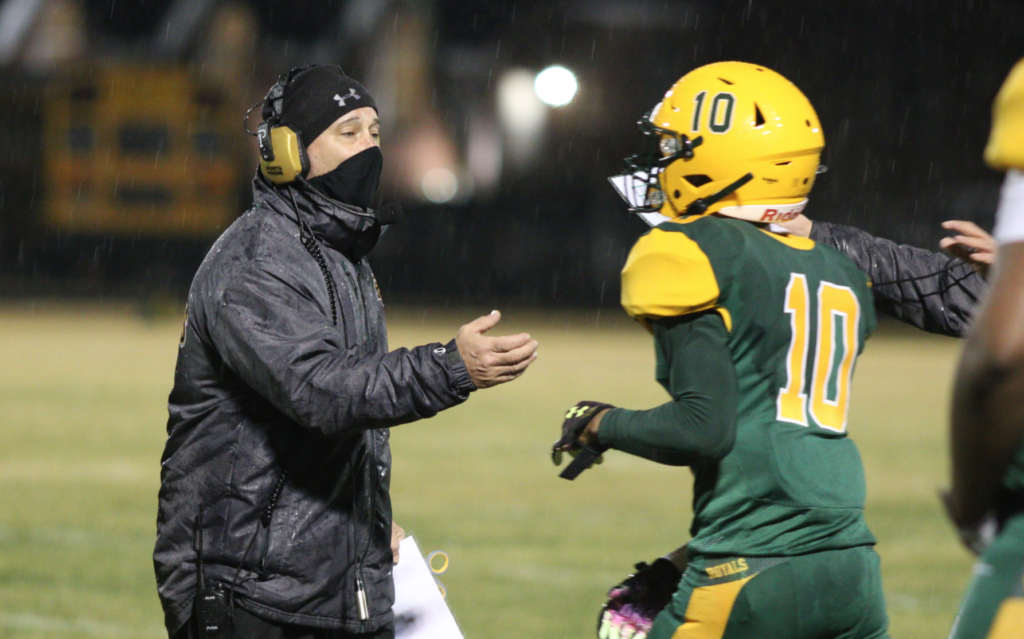

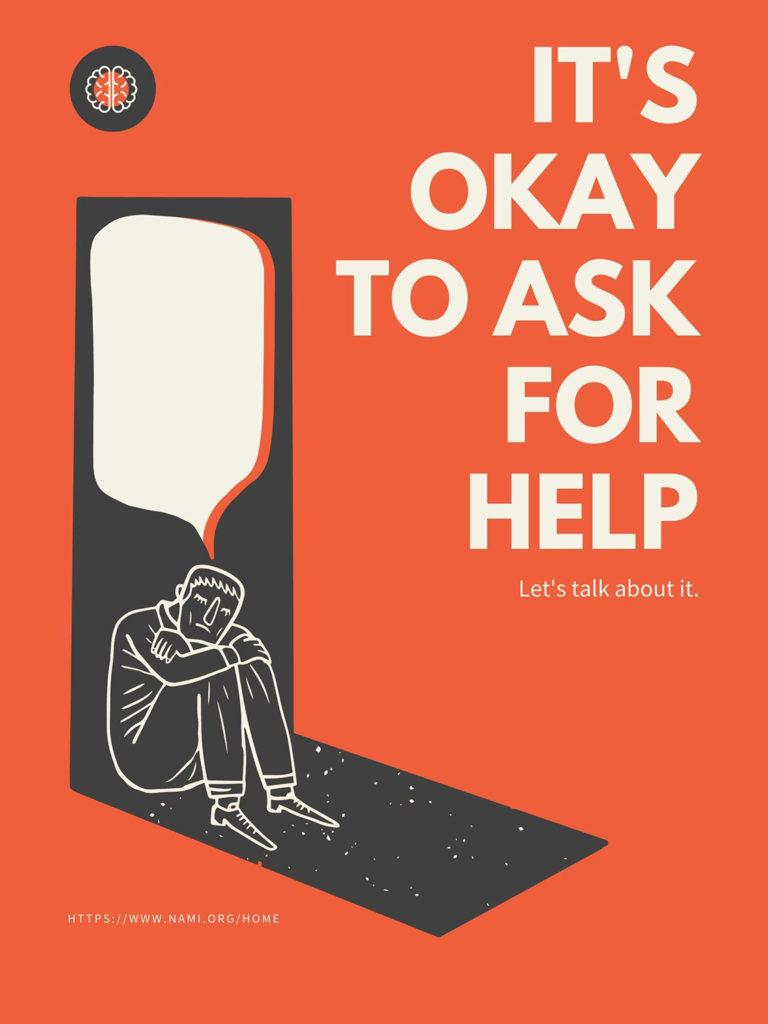












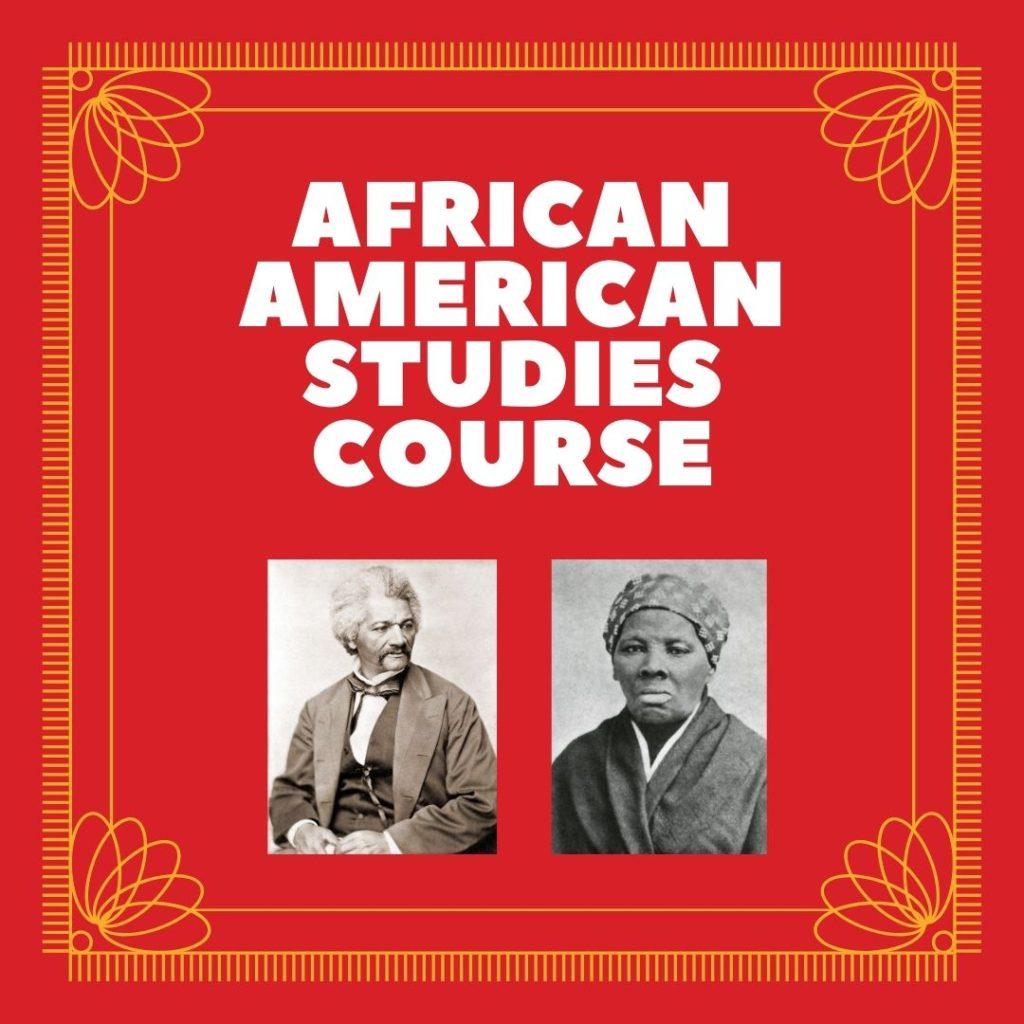


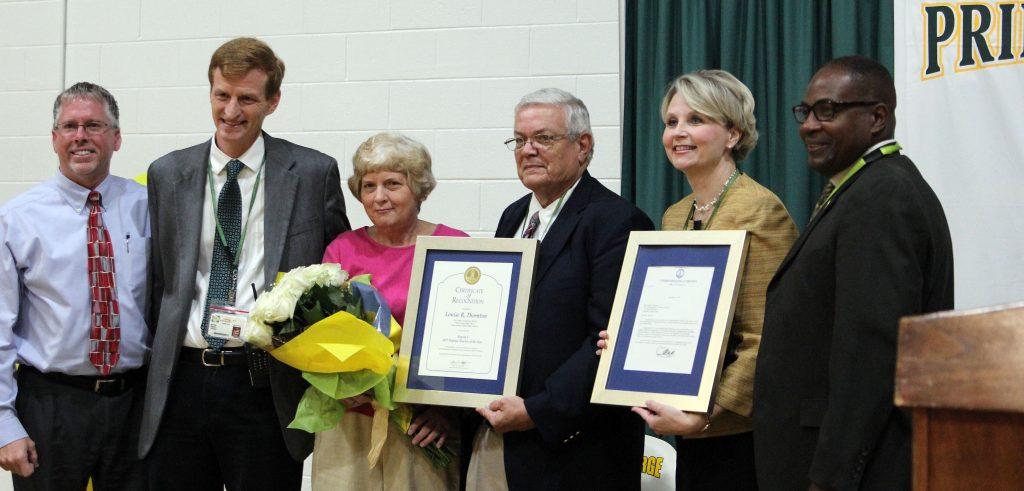








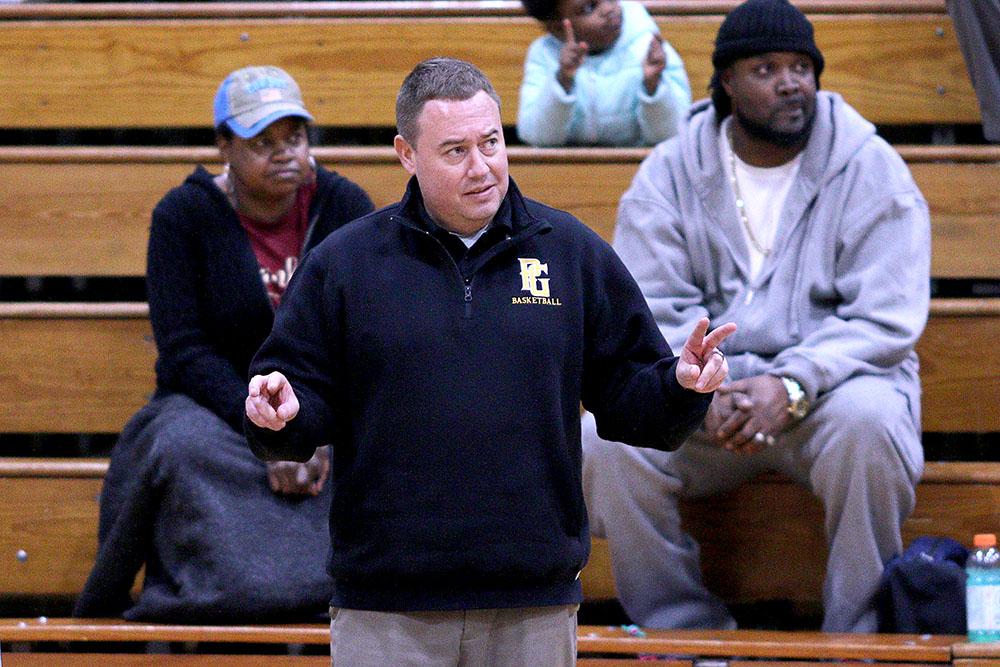
Tasia Faulcon • May 28, 2012 at 8:41 pm
This article provides insight to people who may be considering journalism as a profession. The article is purely informational and not sugar coated. It is also kind of funny and definitely keeps the readers attention. The article shows realism, newspapers are information, and it is staying strong in the competition in the information business.
Faven Butler • May 28, 2012 at 8:19 pm
I think the theory that newspapers will die eventually is true. With so much technology in today’s society, more and more people are moving away from the old-fashioned ways of media. I liked how Couturier was honest on his thoughts about the newspaper industry despite being apart of it himself. I think he gave great insight to those pursuing a career in journalism and opened their eyes of what the industry is really like.
Melissa Tomlin • May 28, 2012 at 8:06 pm
I feel like even though there is so much technology out there that could give you the news that the newspaper gives us, there is always going to be people that still want the paper. I think the paper will not go a way for a long time, many people do not like to use technology or even know how too.
Sarah Beth Howard • May 26, 2012 at 3:25 pm
The philosophies introduced in this article are quite accurate. If one is able to make a living in journalism, the art is very much alive. This article allows people to understand more and more about the intricacies of journalism and the fear of its extinction. However, writing will be around as long as humans are. This means that we will be able to make a job out of it no matter what. Yes, the form could change from print to technological, but the same words will be produced, the same information will be shared, and the same oppurtunities must be presented. Journalism will be alive for quite sometime. However, don’t think its gone if the name changes from Journalism to something else…
Bradley Cooper • May 24, 2012 at 4:12 am
Information from technology has its flaws, and is sometimes inaccurate. A newspaper is always accurate and gives information to a community hungry for information.
Marshall Dunn • May 23, 2012 at 7:55 pm
I believe that Wayne did a terrific job in writing about a struggling profession and bringing an optimistic viewpoint in terms of its future. As much as we love technology, sometimes, with the ill-timed malfunctions technology can have, the newspaper is a better source to learn about what’s going on around us. I feel that Wayne addresses a key issue of our society today in this article.
Chloe Alexander • May 23, 2012 at 7:05 pm
When I was deciding on a topic for Independent Study, the idea of focusing on the “dying industry” of newspapers crossed my mind. Although I went in a different direction, I still was able to learn a little about how staffs cope with issues like this. Wayne did a good job quoting the speaker (I particularly love the ending quote) and addressing a current issue that journalists continue to face.
John Shumar • May 23, 2012 at 5:46 pm
I commend Wayne for not only making this article interesting, but for including a video and a picture. It is good to know that a business that protects are freedom is still around. I like the traditional ways of spreading information, so I believe this is a very important topic.
Rachel Pugh • May 23, 2012 at 5:25 pm
This year’s AP English 11 exam had a question that related to this same concept of a “dying industry.” The truth is, like the article suggests, no industry ever dies–it simply evolves. I think the article was appropriate because it demonstrated another common form of journalism, web journalism. Wayne did a great job in making the article clear and professional.
Matthew Schneck • May 23, 2012 at 4:59 pm
As the world moves on in terms of technology, it is important to remember the traditions that this nation was founded upon. It is great to see that there is still hope for true journalism to survive. This article was quite informative and quickly delivered its purpose. I commend Wayne on his accomplishment.
Stephen Brockwell • May 23, 2012 at 1:48 pm
In the modern world, many new methods of communicating news are becoming popular, and some are worried that older methods (such as newspapers) have become outdated. However, it is nice to see that journalism as a profession is still going strong despite the changes in the world around it.
Incidentally, congratulations to Wayne Epps for the award! I enjoyed the article and believe you deserve to be rewarded.
Megan Jonson • May 22, 2012 at 6:30 pm
It is so cool that our school is able to have so many guest speakers come and talk to our students that are actually working in the field they are lecturing about. The article was very nice accompanied with text, picture, and video. Referring to the note at the bottom, I am glad Wayne won an award for this article is certainly deserved it.